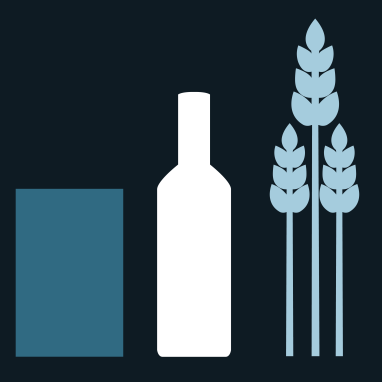Food Recall Insurance - Some Tips and Traps to Consider
by Joe Lederman and Julian Wan © Lawmedia Pty Ltd, March 2007
FoodLegal
Australian Food Lawyers & Consultants
Food businesses must plan for the risk of a food recall. Contamination or other defects may necessitate product withdrawal from time to time but a full food recall especially directed at the level of consumers must be triggered if any safety risks exist. The costs can be prodigious and could drive an ill-prepared business towards insolvency. Many business people mistakenly believe that product liability insurance or public liability insurance will meet the costs of a full recall. In this article of 2,200 words, we highlight why this is not so and we explain the costs which can arise out of a product recall and the limitations of insurance policy coverage.
Management of many food businesses often reveal a lack of understanding of the potential extent of loss which might be suffered in consequence of a product recall. Apart from the cost of carrying out the recall, the combined effect of loss of reputation, goodwill and market share caused by a recall can cause considerable financial strain and even impact on the future viability of the business.
Insurance coverage to protect against the loss resulting from a food product recall might therefore be thought to be a sensible and necessary precaution for many food industry operators. What many food companies do not realise however, is that neither public liability insurance nor product liability insurance cover the loss which results from a recall.
Product recalls and withdrawals – an overview
When the safety of a product is in question, several courses of action are available including engaging in a product withdrawal, voluntary recall or compulsory recall. Engaging in a product withdrawal allows a company to remove a product from distribution and sale when there is only a minor or non-health risk, or as a precaution while the safety of the product is established.
Product recalls must occur when a product is known to be unsafe for consumption. Clause 12 of Standard 3.2.2 of the Australia New Zealand Food Standards Code requires that a food business must have in place a system to recall unsafe food.
There are two types of recalls, voluntary and compulsory. Voluntary recalls are initiated by a business of its own volition, while compulsory recalls are the consequence of mandatory order to recall under section 65F of the Trade Practices Act (‘the TPA’) with which the business must comply. Sometimes, the State health authority insisting on a compulsory recall may nevertheless offer to couch the media announcement (possibly in consultation with the company or its professional advisers) explaining the recall to be a voluntary one. This may assist a company to preserve its good reputation and reduce, in the longer term, the potentially adverse commercial fall-out of the recall.
Voluntarily recalling potentially unsafe product, especially before any harm has occurred, might be proactive but such affirmative action can prevent a greater negative reaction in the market-place if it demonstrates the commitment of the business to having the foremost concern for its customers. Disclosure of the problem in such a case can enhance the reputation of the food business and can provide even greater confidence in its products’ quality assurance program and improve market share. The opportunity to make a voluntary recall obviously makes even more sense when an order for a compulsory recall would be inevitable. In the short term, the pain of a voluntary recall might nonetheless offer scope for longer term market gain.
The extent of any recall may also vary. Trade recalls involve recalling a product from the distribution chain, such as from warehouses, wholesalers and retailers. By contrast, a consumer-level recall is the most extensive type of recall which can be carried out, involving the recall of the product not just from the distribution chain, but also from end- consumers who are already in possession of the affected product: see Food Standards Australia New Zealand Food Industry Recall Protocol (‘FSANZ Recall Protocol’), pages 6 - 7.
The exact nature and amount of costs which a company will incur as the result of a recall or withdrawal will obviously vary depending on the circumstances of the recall, but clearly involve more than legal costs and fines arising from being sued or prosecuted.
Insurance and recalls: The Pros and Cons
Here are some of the tips and traps that ought to be considered:
...
